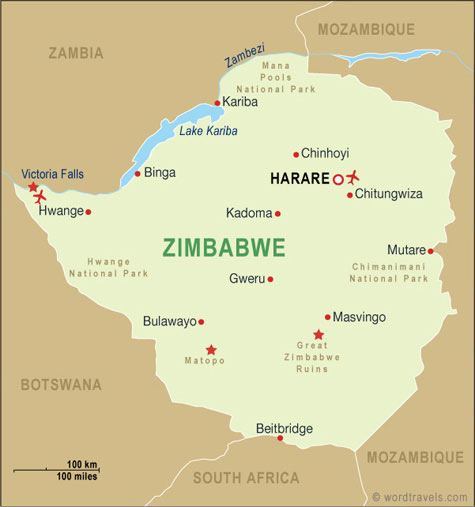
So many events have been taking place on the wider political, economic and social landscape in Zimbabwe and some of these events have left people dumbfounded and confused. But one thing that has caught my eye, especially on the political landscape, is the level of indecision on the part of the so-called revolutionary party, Zanu PF — indecision which is only a symptom of self-mistrust.
Report by Street Life The draft constitution has made all Zimbabweans realise that Zanu PF is now operating in a cocoon of serious self-mistrust punctuated by uneasiness and insecurity. The erstwhile party cadres maybe coming out in the open pretending to be boldly defending the gains of the revolution, which they have otherwise personalised, but deep down the party is operating like a headless chicken which can no longer trust its own.
All this self-mistrust stems from the fact that the party is so fragmented that each one of them has become a powerhouse unto himself. There are those who we hear are aligned to the Joice Mujuru faction and those that are aligned to the Emmerson Mnangagwa faction. Still we are made to believe that there is another faction for the security personnel fronted by Professor Jonathan Moyo. But there could be more of these groups, considering the level of disgruntlement within the party. So it becomes very difficult for all the pieces of this jigsaw puzzle called Zanu PF to trust each other and agree on one thing.
This lack of trust did not begin to rear its ugly head because of the debate over the draft constitution. It started way back with the formation of the MDC, and only got full blown when the nation held the 2008 harmonised elections. The “bhora musango” campaign, which left Robert Mugabe staring defeat in the face, marked the climax of mistrust within Zanu PF. The bhora musango campaign was a sure case of a party that could not trust its own leader and eventually it led to a defeat for Zanu PF, which however managed to clandestinely cling to power through a sham and discredited run-off election. But one thing that became apparent then as it is now is that the revolutionary party is now an empty shell whose members lack the most common ingredient of unity — self-trust.
This did not end there. In fact, it marked the beginning of a dark era within the party and the recent disbanding of District Coordinating Committees (DCCs) pointed to a lack of oneness within the party, as Mugabe himself and other party cadres admitted. The DCCs, which were constituted a few years ago, were unilaterally disbanded by a few power-hungry characters that constitute the politburo because they could no longer trust their own foot soldiers. They argued that the DCCs were ruining the once illustrious party and rendering it dysfunctional. But for those who care to know, the DCCs were becoming a powerhouse unto themselves because they could no longer mortgage their trust on their failing and ailing leadership. Unfortunately for them, they were holding the wrong side of the gun and they got fired.
And now the draft constitution has laid bare the fact that mistrust is reigning supreme in the Zanu PF party, which has burnt the midnight oil on several occasions, perusing the voluminous document sentence by sentence, word by word, to see if the document really represents their interests — often referred fraudulently as the interests of the people. Surprisingly, the Zanu PF negotiators appended their signatures on that document. Technically, we are left with two drafts. So to break this impasse, I think the best way is to take the two drafts to the referendum so that people may decide which of the two best serves their interests.











